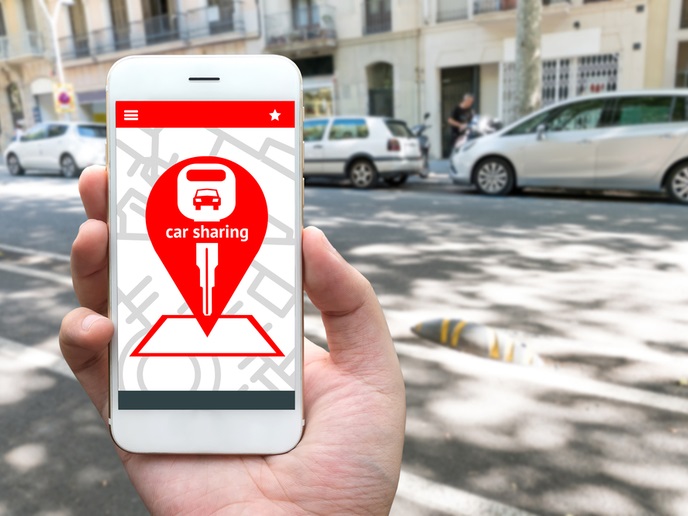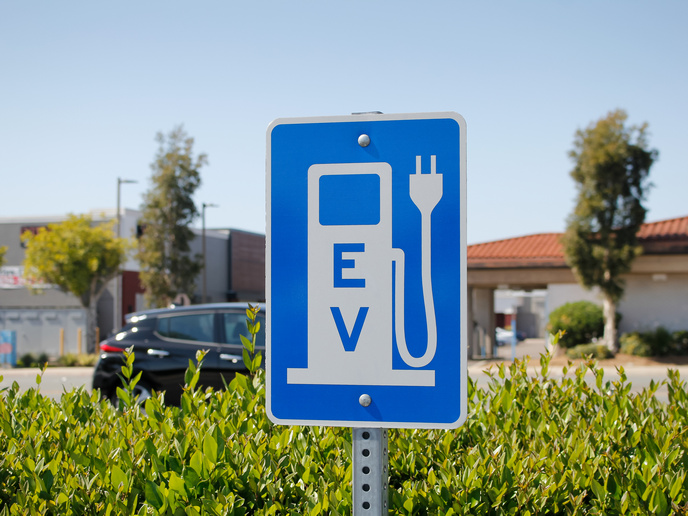Car sharing means caring
As a result of a general attempt to establish a new mobility culture, adapted to current economic and ecological demands, car sharing has shown potential as an efficient transport solution. The STARS project gathered useful information on how car sharing can contribute to lessening the impact of transport systems on urban areas and its relevance for the EU industry. The study resulted in a toolkit aimed to support local authorities, city administrators and decision-makers. Moreover, all the raw data collected during the project activities have been uploaded on Zenodo.
Who shares a car?
There are many different forms of car sharing that appeal to different kinds of users. STARS partners noticed that every typology plays a role in the reduction of the use of private cars and all should be promoted in an integrated way. For example, it was observed that users of round-trip services who need to pick up and deliver the shared car at the same station are more prone to get rid of their private car. However, the current number of users of this scheme is still very small. On the other hand, free-floating services seem appealing to a larger part of a city but with much lower impacts. “We believe they can therefore be considered as a possible entry point to the car-sharing world. Satisfied free-floating users may broaden their view and start using round-trip services, after having become familiar with the concept. Gradually, this may impact their mobility habits in a positive way,” explains Marco Diana, project coordinator and associate professor at the Politecnico di Torino, Italy.
Economic and ecological impact
The outcomes of person-level analyses conducted in case studies in Belgium, Germany and Italy showed which car-sharing schemes are more effective in reducing car ownership. Car sharing, though, is still too small and polarised to have a real impact on the car industry. While the reduction of daily costs for society deriving from the emissions of CO2 and air pollutants is small compared to the emissions of the overall transport system, it went up to 3.6 % in the case of fully electric car-sharing fleets in two simulations in Turin and Milan. Moreover, free-floating car sharing might reduce the parking demand in areas were the mobility attractors are concentrated, such as the city centre.
Challenges in mapping the present and the future of mobility
“The main challenge for this project was the difficulty in approaching car-sharing providers to get information on their operations. However, given that the project was more focused on car-sharing demand aspects than operational issues, we concentrated on the direct observation of the mobility choices of car-sharing users and non-users,” notes Diana. “Since the beginning of the STARS project, new shared mobility services (i.e. micromobility) appeared and rapidly spread in European cities, at growth rates that are more substantial than car sharing. It is vital for cities to understand how these are going to impact the whole transport system,” he concludes.
Keywords
STARS, car sharing, mobility, transport, free-floating, round-trip services, emissions, ecological impact







